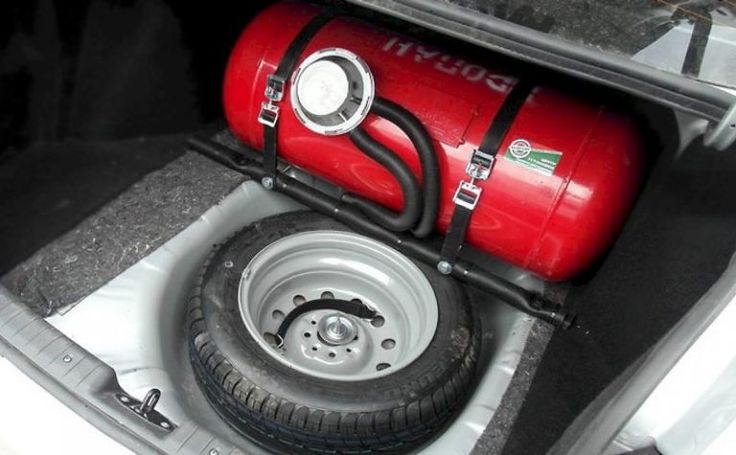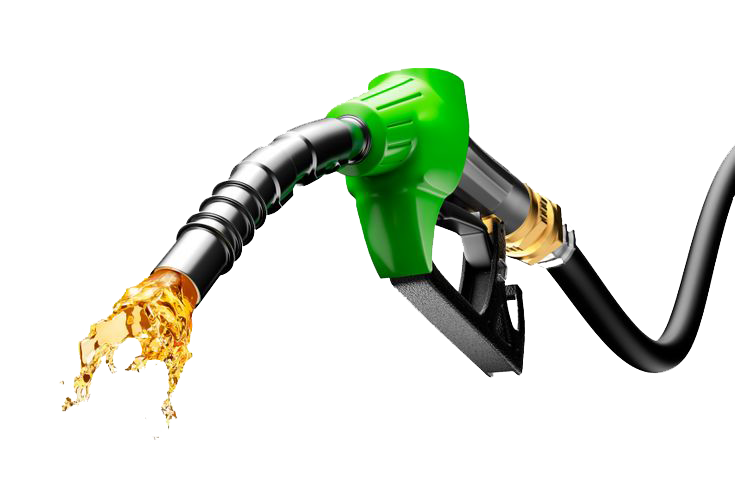

As Nigeria faces rising petrol prices and environmental concerns, many vehicle owners are exploring alternative fuel options. Compressed Natural Gas (CNG) is gaining popularity as a cleaner, more economical choice. However, safety concerns often arise. Are CNG cars truly safe and reliable? As the experts at Futurewave Energy Solutions, we’re here to provide you with comprehensive insights.
Understanding CNG Safety Features
At Futurewave, we prioritize safety above all. CNG cars are engineered with several advanced safety features:
1. High-Quality Cylinders: CNG tanks are made from high-strength materials designed to withstand high pressure. These cylinders are rigorously tested to ensure they meet international safety standards.
2. Pressure Relief Devices (PRDs): These devices prevent over-pressurization by releasing gas in a controlled manner if pressure exceeds safe levels.
3. Automatic Shut-Off Valves: In the event of a leak or collision, these valves automatically cut off the gas supply, reducing the risk of fire or explosion.
4. Leak Detection Systems: Modern CNG vehicles come equipped with sensors that detect leaks and alert the driver immediately.
Reliability of CNG Engines
CNG engines are known for their reliability and longevity. Here’s why:
1. Clean Combustion: CNG burns cleaner than petrol and diesel, reducing carbon deposits and extending engine life.
2. Lower Maintenance Costs: Due to fewer carbon deposits, CNG engines require less frequent oil changes and maintenance.
3. Durability: CNG components, including fuel tanks and lines, are designed to last, providing reliable performance over many years.
Addressing Common Safety Concerns
Myth 1: CNG Cars are Prone to Explosions
Reality: CNG tanks are extremely robust and are tested under extreme conditions. The pressure relief devices ensure that even in the unlikely event of a fire, the gas is released safely without causing an explosion.
Myth 2: CNG Cars are More Dangerous in Accidents
Reality: CNG systems are equipped with automatic shut-off valves that stop the gas flow if a significant impact is detected, making CNG cars just as safe, if not safer, than their petrol and diesel counterparts.
### Real-World Examples of CNG Safety
In countries like India and Brazil, where CNG has been used for decades, millions of vehicles run safely on CNG every day. These countries have stringent safety regulations, and the widespread use of CNG vehicles there is a testament to their safety and reliability.
Why Choose Futurewave for Your CNG Conversion?
At Futurewave Energy Solutions, we pride ourselves on being the foremost experts in CNG conversions in Nigeria. Our technicians are trained to the highest standards, and we only use certified, top-quality equipment. Here’s what you can expect when you choose us:
– Expert Consultation: We provide a thorough consultation to understand your needs and recommend the best CNG solutions.
– Professional Installation: Our team ensures that every CNG conversion is performed with precision and care.
– After-Sales Support: We offer ongoing support and maintenance to keep your CNG vehicle running smoothly.
Conclusion
Switching to CNG is not just about saving money; it’s about making a safer, more environmentally friendly choice. CNG cars are equipped with multiple safety features that make them a reliable option for Nigerian roads. With Futurewave Energy Solutions, you can trust that your CNG conversion will be handled by the best in the business.
Ready to make the switch to a safer, cleaner, and more economical fuel? Contact Futurewave Energy Solutions today for expert advice and professional CNG conversions. Drive towards a greener future with us!


Leave a Reply